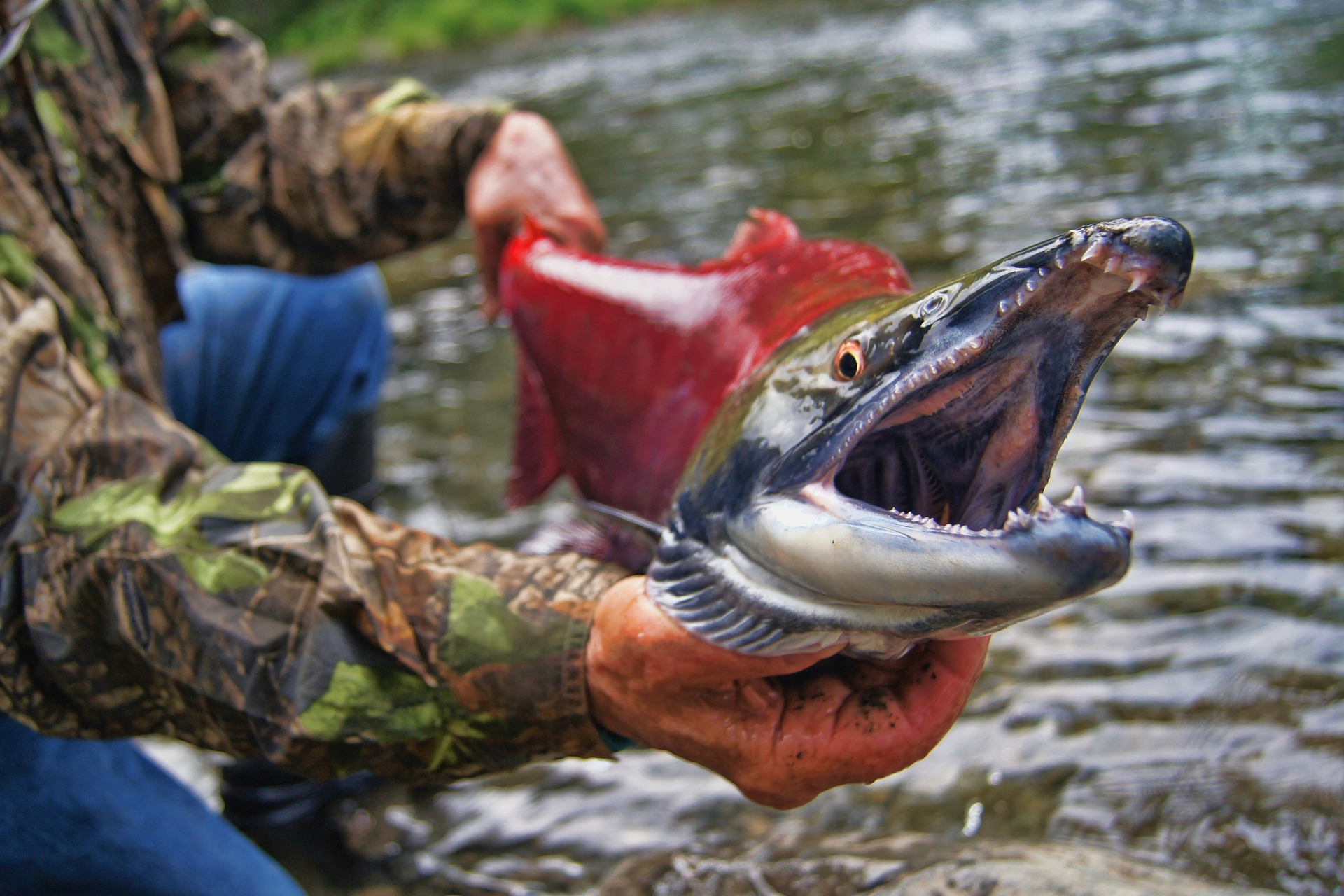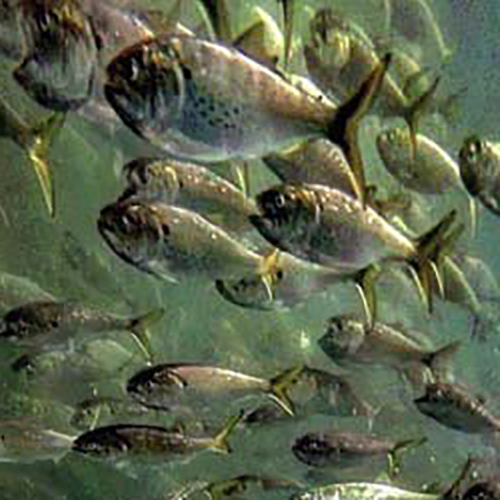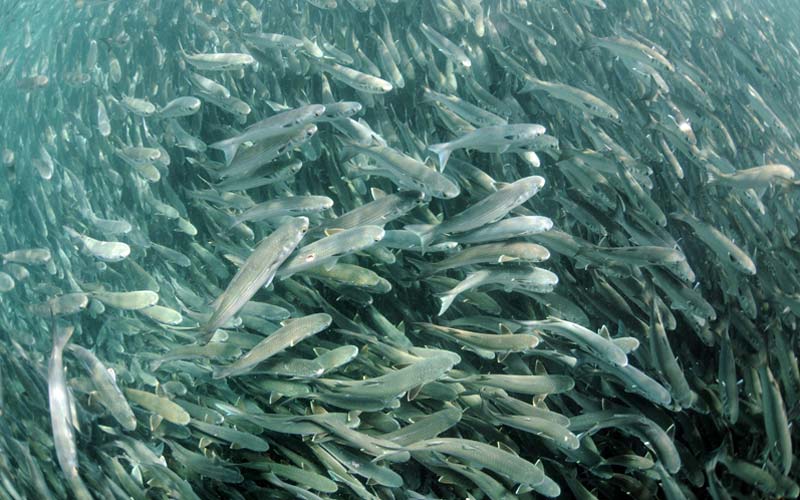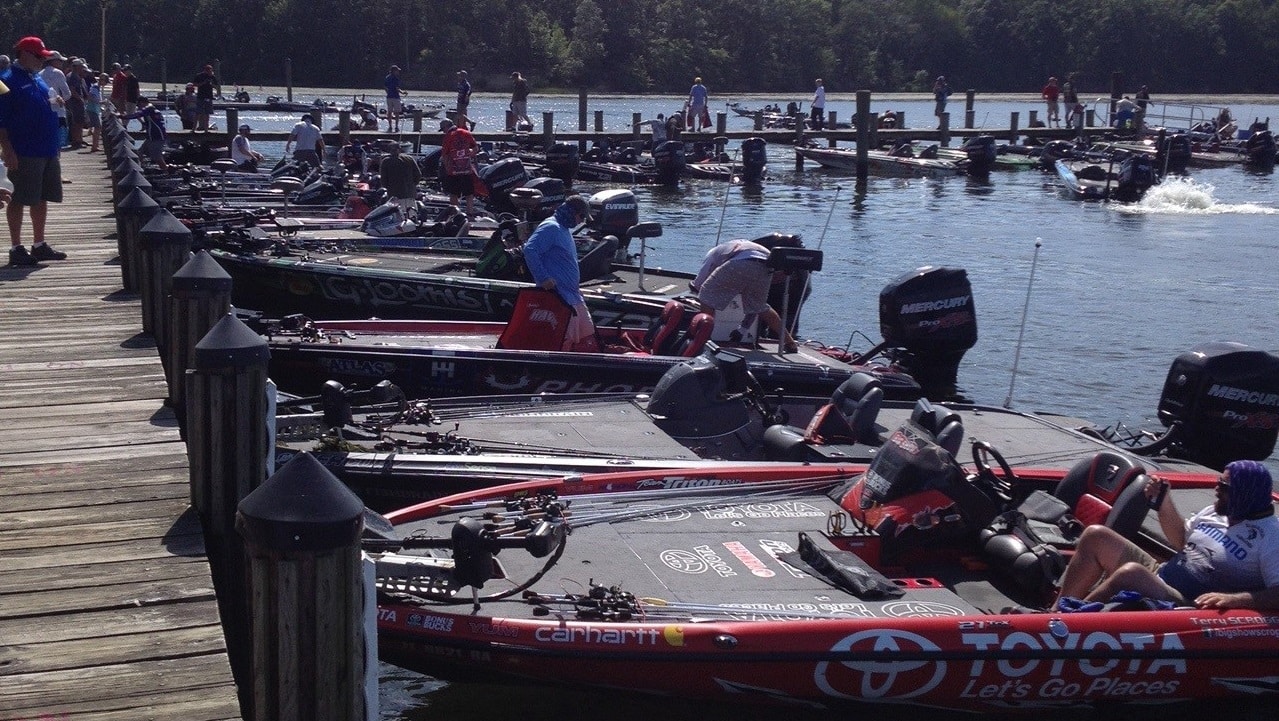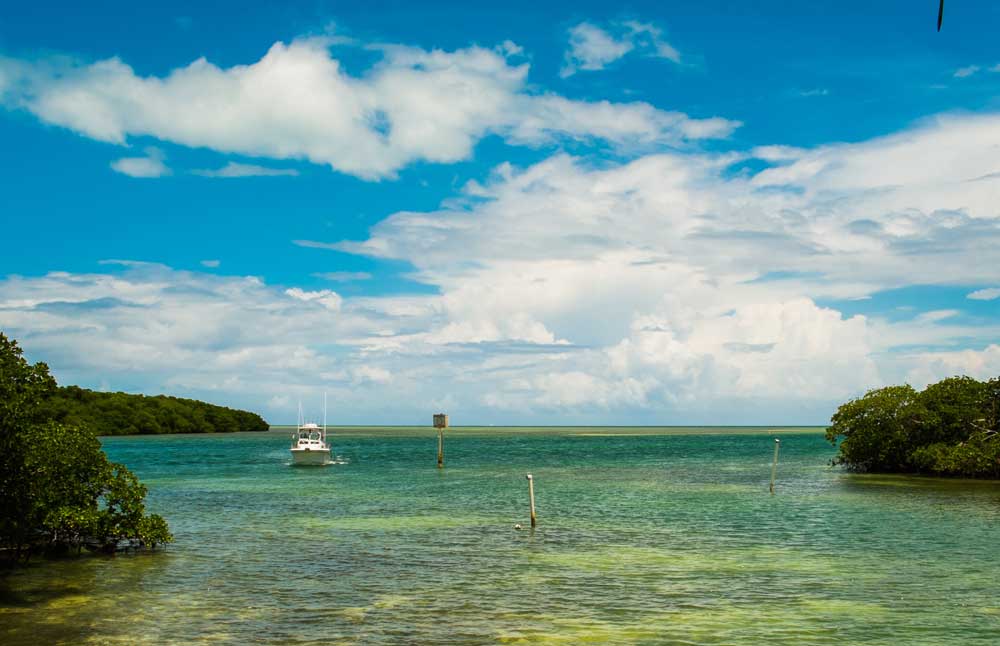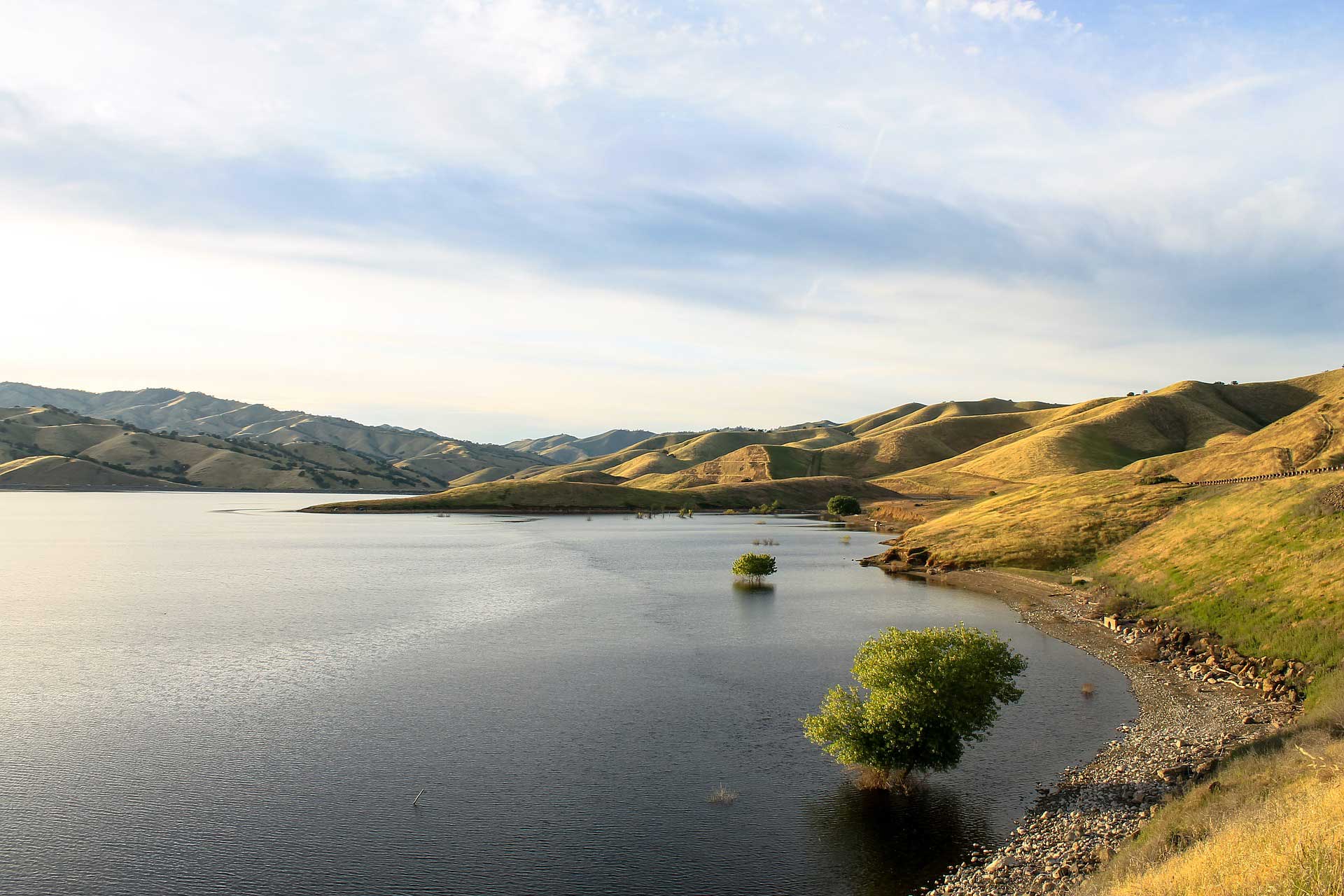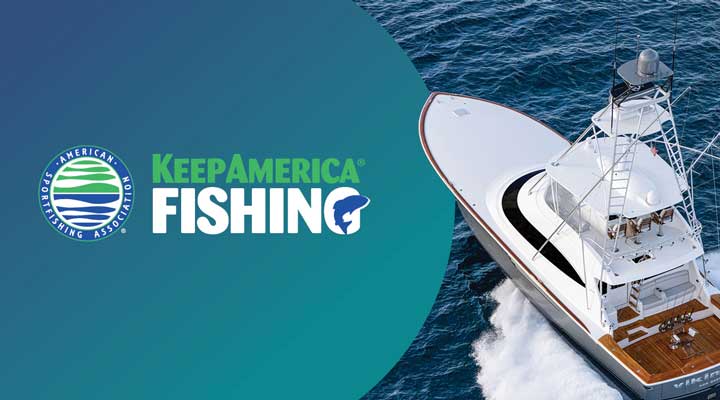Overview of the Issue
Oregon, Washington, Idaho, and the Treaty Tribes jointly manage salmon and steelhead on more than 145 shared miles of the Columbia River. In 2012, the Washington and Oregon agreed to transition the commercial gillnet fishery from the mainstem to off-channel areas by 2017. In early 2019, a joint committee of Oregon and Washington fish and wildlife commissioners voted 4-2 to recommend a return to non-tribal gillnetting in the lower mainstem.
Commissioners from both states have been working on an overhaul of their respective Columbia River salmon management policies. The current policies are nonconcurrent regarding sharing of spring and summer Chinook listed under the Endangered Species Act (ESA). Because of policy nonconcurrence, commissioners from both states have agreed to not allocate 10% of the harvestable quota to either sector.
In 2022 the Washington State Legislature appropriated $14.4 million dollars to the Washington Department of Fish and Wildlife (WDFW) to reduce the number of nontribal commercial gillnet licenses on the Columbia River, Willapa Bay and Grays Harbor through a voluntary buy-back program. As of December 2022, 170 of the 240 (~70%) existing license holders voluntarily sold their licenses back to WDFW. In 2023, similar legislation was proposed in Oregon but failed to advance.
What ASA is Doing
An additional directive of the 2022 WDFW gillnet proviso was to calculate wild and ESA listed fish savings associated with the individual license holders that voluntarily sold their license back to the State and either increase escapement or use the impacts to increase fisheries that selectively harvest hatchery fish. The commercial industry has been working with the WDFW Commission and agency staff to advocate for new experimental gear that is capable of selectively harvesting hatchery origin fish. ASA will also continue to work with both states and their commissioners to advocate for opportunities to add new recreational fisheries that target hatchery origin fish.
Following the implementation of the gillnet buy-back program, Governor Inslee (WA) proposed legislation that would have prohibited the use of remaining non-selective gillnets in State waters. Unfortunately, proposed legislation failed to make it out of committee during the 2023 session. Additional opportunities associated with reallocating impacts to the recreational fishery would extend opportunities, help avoid in-season closures, and result in a significantly higher economic benefit to coastal communities and our industry. ASA will continue to work with legislators and our coalition for policies that prioritize recreational fisheries.
Members of each Commission, ODFW and WDFW leadership, and legislators have acknowledged that nonconcurrent policies are resulting in negative impacts to recreational fisheries. Working with each state to align their policies will remains a high priority for ASA until resolution.
Pacific Fisheries Policy Director Larry Phillips published a blog This Season’s West Coast Salmon Fishing Outlook.


